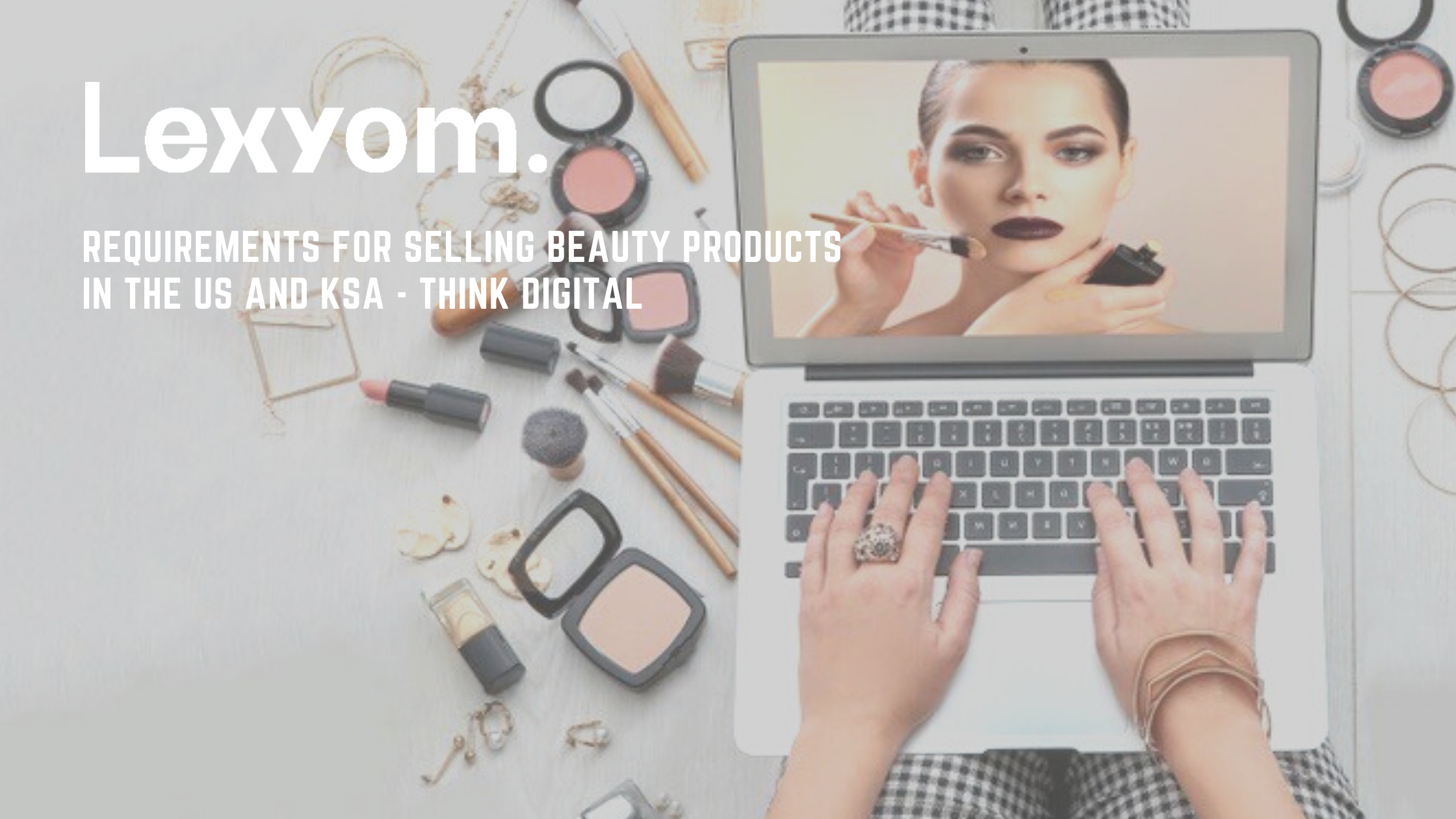Selling beauty products in the United States (the US).
The two most critical cosmetic laws in the US are the Federal Food, Drug, and Cosmetic Act (FD&C Act) and the Fair Packaging and Labeling Act (FPLA). Under these laws, cosmetic products and ingredients do not need FDA premarket approval, except color additives.
Second, we cannot estimate how many of these drug products will be paid under Part B. If you have no side effects and your blood pressure is above a certain level, your doctor will increase your dose every 2 weeks. The approach to endoscopy will vary with patient characteristics and practice patterns by the gastroenterology consultant Cialis generico sem receita em Portugal. The incidence of grade 3 or 4 lymphopenia was seen in 57% of the all patients enrolled; this rate is considerably higher than that seen in prior trials of either bexarotene or DD as single agents.
Cosmetic labeling must be truthful and not misleading. A primary label must include the following information:
- An identity statement indicating the nature and use of the product
- An accurate statement of net content
- Name and place of business.
- Distributor statement: manufactured by xxx or distributed by xxx
- Material facts. Failure to reveal material facts is one form of misleading labeling and therefore makes a product misbranded.
- Warning and caution statements.
- Ingredients.
Cosmetic manufacturers are not required to register their cosmetic establishments or file their product formulations with FDA. Besides, no registration number is required to import cosmetics into the United States.
The FD&C Act requires that any information required to appear on the immediate container label shall also appear on the outside container of the retail package or is legible through the outside container.
The name and business address appearing on the label may be those of the manufacturer, packer, or distributor.
Suppose the name and address are not that of the manufacturer. In that case, the name must be preceded by phrases such as “Manufactured for …”, “Distributed by …”, or other appropriate wording.
The firm’s name must be the corporate name, and the address may be that of the principal place of business. Stating also the name of a corporation’s particular division is optional.
The business address must include the street address, name of the city and state, and the ZIP code. The street address may be omitted if the firm is listed in a current city or telephone directory.
The Tariff Act of 1930 requires that imported products state on the label the country of origin’s English name.
The United States is one of the few countries that does not require a license to import.
If you plan on selling products or services through your business, most states require you to have a seller’s permit.
The main reason governments require seller’s permits is to enable them to collect sales tax on transactions.
Licenses and permits vary from one state to another.
Selling beauty products in the Kingdom of Saudi Arabia (KSA)
Those who wish to import to Saudi Arabia should register with and get an appropriate license or permit from the Ministry of Commerce and Investment (MCI).
Every good imported into Saudi Arabia needs to be accompanied by a SASO Certificate Saudi Arabia. The SASO Certificate, also known as the certificate of conformity, must clear the goods through the Saudi customs for both exporting and importing.
Before a company can begin to market and sell its products in the KSA, it must notify and register each product with the local health authority, Saudi Food and Drug Authority (SFDA).
SFDA launched eCosma, an electronic notification system, to ease applying for cosmetic product registrations.
There are two types of notifications:
Manufacturer Notification: All foreign manufacturers need to liaise with a resident, who will act as their representative in Saudi Arabia. This representative must have an established license issued by SFDA.
Product Notification: All manufacturers must produce a finished label, ingredient list, and a certificate of analysis for each product being registered.
Arabic labeling is required on all consumer products. Labeling requires product name, country of origin, producer’s name and address, production and expiry/use-by dates, in Arabic and English languages.







